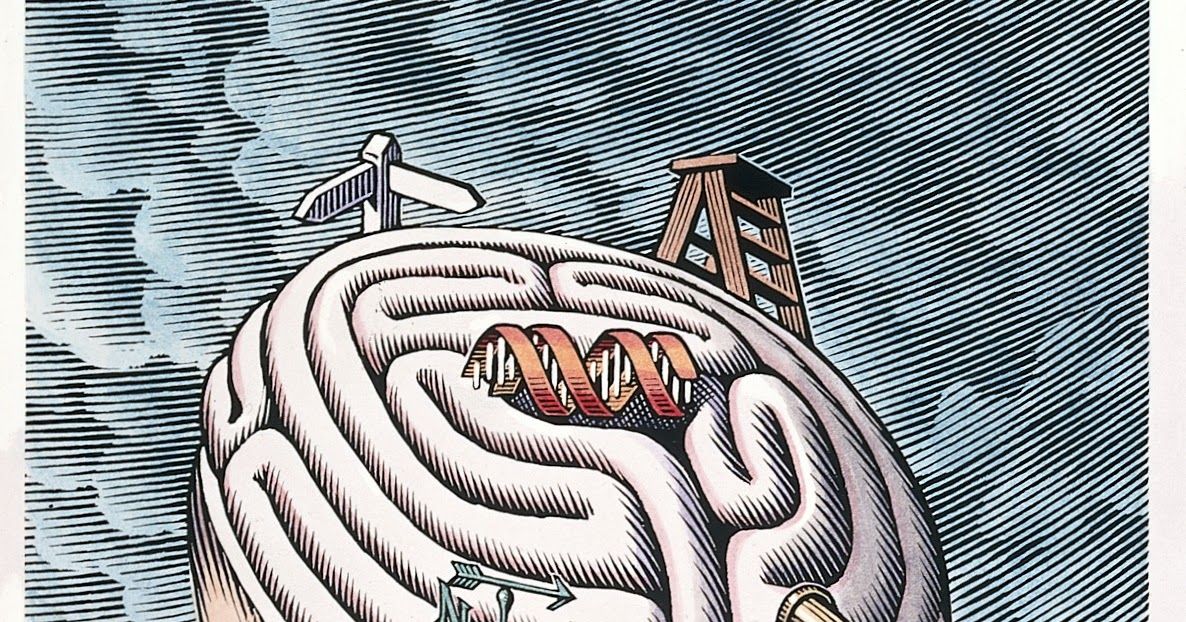Today on The Neuroethics Blog is a post by Adina L. Roskies, Professor of Philosophy and chair of the Cognitive Science Program and Helman Family Distinguished Professor at Dartmouth College, entitled “What can neuroscience tell us about ethics?”
By Adina L. Roskies Image courtesy of Bill Sanderson, Wellcome Collection What can neuroscience tell us about ethics? Some say nothing – ethics is a normative discipline that concerns the way the world should be, while neuroscience is normatively insignificant: it is a descriptive science which tells us about the way the world is. This seems in line with what is sometimes called “Hume’s Law”, the claim that one cannot derive an ought from an is (Cohon, 2018). This claim is contentious and its scope unclear, but it certainly does seem true of demonstrative arguments, at the least. Neuroethics, by its name, however, seems to suggest that neuroscience is relevant for ethical thought, and indeed some have taken it to be a fact that neuroscience has delivered ethical consequences. It seems to me that there is some confusion about this issue, and so here I’d like to clarify the ways in which I think neuroscience can be relevant to ethics.
